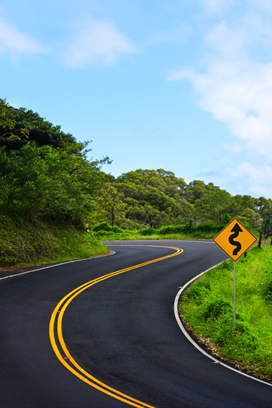A credit history is a record of all credit accounts a person has held; it also includes all the details about the accounts, including:
- The type of account
- A person's responsibility on the account
- The credit limit/ the amount of loan
- The current balance
- Minimum payment
- The current status
- Any late payments in the past seven years
A credit history should also mention the businesses that requested the credit file, along with the proof of bankruptcy, foreclosure, repossession and lawsuit judgments. Information that is not shown in a credit history includes a person's gender, income, or government assistance. For many employers, a credit history check is a part of their employment background checks .
Credit report
A person's credit history is kept in a document called a credit report, and the companies whose job is to maintain credit reports are called reporting agencies or credit bureaus. In the U.S., there are three major credit bureaus: Experian, Equifax, and TransUnion.
The government gives every person the right to see/check their credit history through each of these three bureaus once a year. Many states also allow citizens the right to check their credit report once a year.
A person's credit history can also reveal the information such as falling behind with a payment, as most of the information stays on the credit history for seven years. One exception is bankruptcy, which can stay on record for ten years. It should be stated here that, although public records are removed from credit history, they remain indefinitely within a local court.
How to start a credit history
This may not be an easy task, especially for someone who is new to the subject. Many people fall into the trap of establishing a credit history as soon as they come of age, but this is not a smart decision. A credit history is something to start off only with a steady income; a full-time, ongoing job is a person's best ally for establishing a problem-free credit history.
Another problem for inexperienced people can occur when creditors feel reluctant to allow for a credit history for the first time. Nevertheless, there is a solution to this problem: there are credit cards for no credit history! Within a few steps, a newcomer can be on their way to establishing a credit history for the first time. The most important thing is to play safe i.e. pay on time, in full, every month.
Problems with bad credit history
When a person has a credit history, it is quite normal to expect problems. Nothing is perfect, not even the best-kept records. When (or if) problems occur, there are ways of improving the credit. The following list offers the solutions for cleaning out a credit history.
- Paying off all the loans
- Having active accounts on the credit report
- Applying for a secured credit card (if there is no way of getting approved for another credit card)
- Reducing high balances to under 10% to 30% of the credit limit
Managing bad credit does take a lot of time to be repaired, but it can be done. It is very important to pay all current payments and catch up with those that are a bit behind. The whole idea is to lower the amount of money owed, so that the credit ratio gets as low as possible. It is also possible to get a loan with bad credit history; a person simply has to start over and shop around for the smallest fees and best interest rates.
Credit history is not the only thing that takes place during a background check; driving history is also one of the decisive factors. Do not forget to visit 4safedrivers.com; there is a lot of information there that could be of interest to you. The company, with its productive working environment and reliable service, makes a great partner for anyone who would like to learn more on the subject of employment checks.
